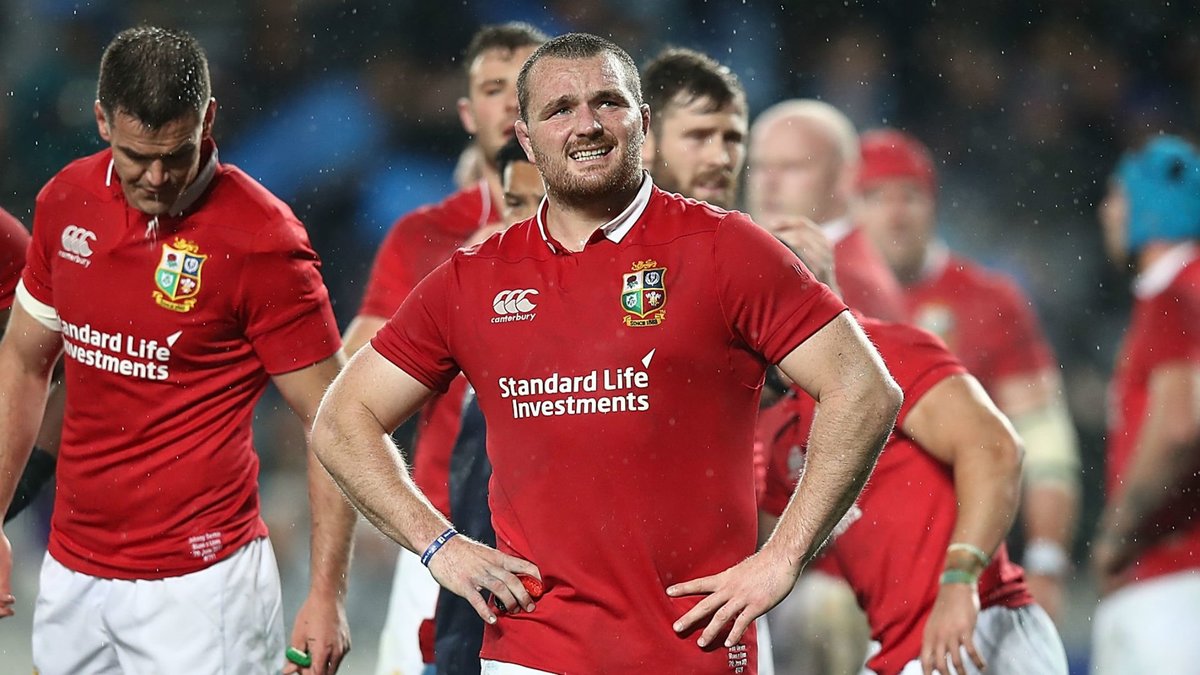'It's not pleasant' - gruelling Swiss altitude training will help Wales

Ken Owens hopes to make a World Cup impact at last as Wales seek to show just why they are one of the tournament favourites in Japan this autumn.
Owens, Wales’ most capped hooker with 64 appearances, has incredibly never started a World Cup match, with his game-time in rugby’s biggest competition restricted to roles from the bench.
The 2017 British and Irish Lion was Wales’ third-choice hooker at the 2011 World Cup when he made his international debut, and four years later the Scarlets star provided back-up to Scott Baldwin.
“Hopefully I’ll get an opportunity to go to this World Cup and get a start,” said 32-year-old Owens.
“Going into 2011 I’d come off a serious injury and because a couple of other boys had injuries too I made the squad – and I was chuffed to get my first cap at that World Cup.
“In 2015 it was pretty much the same. I’d had about eight or nine months out with my neck again.
“Scott had a great tournament and my role was to bring an impact off the bench, which I enjoyed.

“You make your own luck and player’s roles change in different squads.
“Hopefully I can stay fit and prove myself to the squad. It would be huge to make a third World Cup.”
Wales headed to Switzerland this week for a fortnight of punishing high-altitude training in the Swiss Alps.
The idea of the training camp is that the players’ bodies become more accustomed to recovering when there is less oxygen available, making their bodies more efficient at using it when it is more present in Japan.
“It’s not pleasant, but we know why we’re doing it and what the purpose of it is, especially if you’ve been through it before,” Owens said.
“You can see the results it gives you and the places you can get to in those big matches.
“The first thing you can turn to is your fitness, you can back yourself to dig in and go the distance when it’s tough.
“It’s worked over the last two World Cup cycles and going into the third it’s massively important.”
Wales head towards Japan as the form team in international rugby and only behind New Zealand in the world rankings.
They secured the Six Nations Grand Slam with a 14th successive win in March, and Warren Gatland’s side have not tasted defeat since losing to Ireland in February 2018.
Australia – whom they beat in November to end a 13-game losing streak against the Wallabies – will provide their biggest group test at the World Cup, with the pool also including Fiji, Georgia and Uruguay.
“To get that result against Australia was a monkey off the back and does give us confidence,” Owens said.
“You saw when we beat South Africa and got that one win, we’ve had pretty good results against them since then.
“But the challenge will be there in every game. Fiji have won in France and, you see this at every World Cup, that when the South Sea Island sides get an extended period of time together they’re very dangerous.
“You can’t write off Georgia either. They’ve got some strength and weapons, and Uruguay are not just going to turn up and roll over to give us the points.
“We can’t just say ‘all we need to do is beat Australia’ because we might end up losing the other games.”











































































